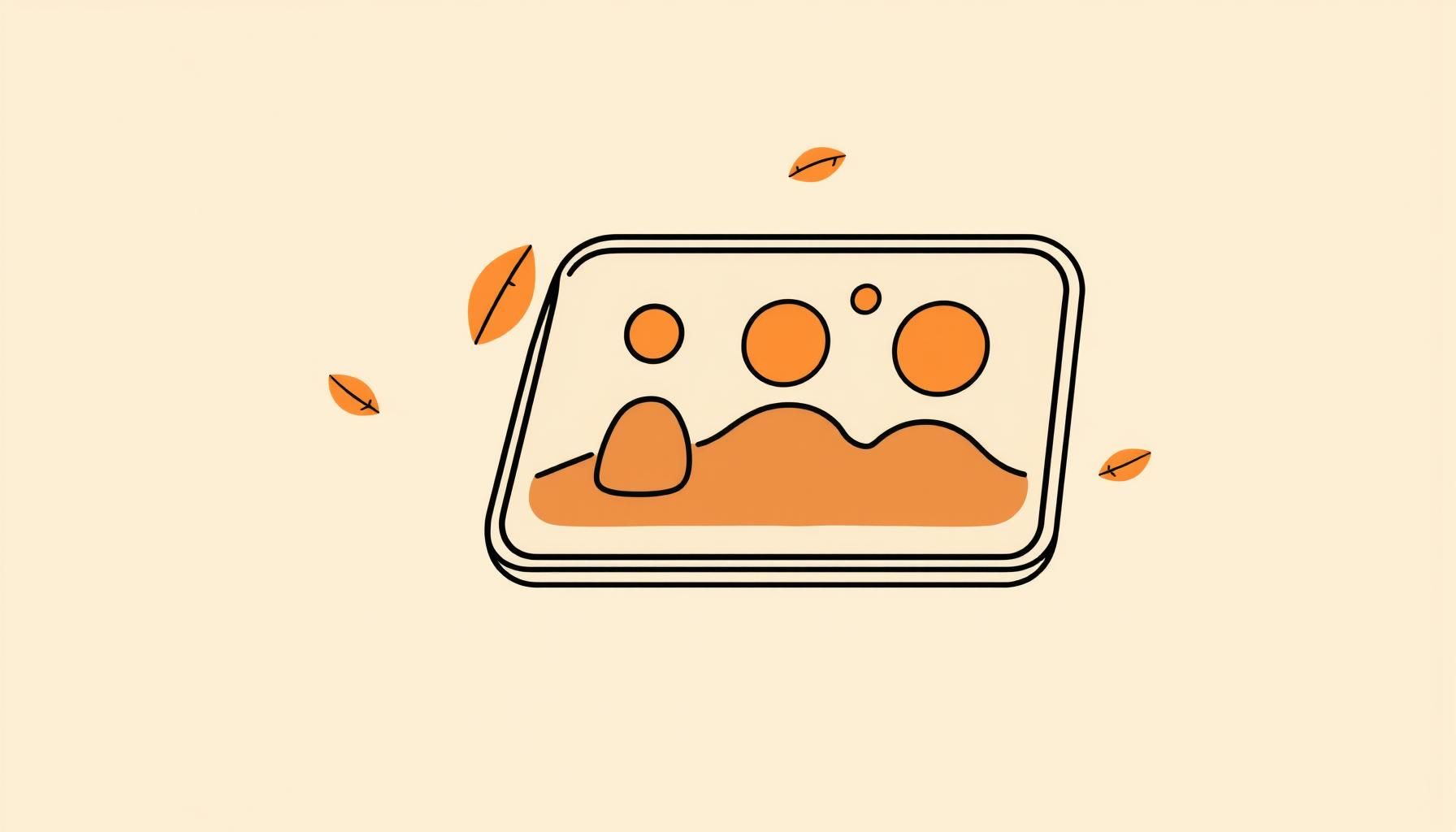
Music has this magical ability to carry us back in time, stir our emotions, and spark creativity in ways nothing else can. But recently, something wild caught my attention: AI recreating famous songs with voices of legends long gone. It’s both awe-inspiring and a little unsettling. That tension—between wonder and worry—feels very familiar as a parent navigating my daughter’s world of endless digital discovery.
Learning Through Play

Watching my daughter, now about seven in early elementary school, burst into her art projects like a rainbow explosion or make up stories with her friends reminds me of why creativity is sacred. It’s not about perfection, but about freedom to explore without fear. That’s why seeing AI remix songs makes me pause: who owns creativity when machines can imitate so well?
As parents, we can turn this question into a learning moment. Just like we guide our kids to share toys fairly, we can talk about respecting the work of others—artists, writers, or even classmates. AI in education can be an incredible tool, but it must come with the lesson that technology should lift people up, not take away from their contributions.
How do we help our kids see that creativity is both a gift and a responsibility?
The Bigger Picture: Technology and Values
AI in education isn’t only about apps or smart tools—it’s about shaping ways of thinking. When my daughter experiments with digital drawing one day and builds forts with cardboard the next, I see the same spark. It’s not the tool that matters most, but the heart behind it. Technology should be a companion—not a replacement—for imagination.
Here’s a thought: just as we enjoy blending Korean dishes with Canadian flavors at family meals, the future of creativity may be about blending human authenticity with machine support. The beauty lies in harmony, not replacement.
When our children grow older, will they treasure originality the way we treasure homemade meals and bedtime stories?
Practical Takeaways for Parents
- Encourage your child to use AI tools as sidekicks, not superheroes. Let them brainstorm ideas, then add their own twist.
- Discuss simple examples of fairness. For instance, how would they feel if a friend copied their drawing and claimed it as their own?
- Balance screen time with real play. A quick walk after school or a painting session can spark just as much joy as a digital game.
AI in education will continue to grow, but our role is to ground it in empathy, fairness, and joy. That’s how we raise kids who don’t just consume technology but shape it with heart.
Could it be that the greatest lesson AI offers us is not about machines, but about how deeply we value being human?
Source: New musical hits get AI spin, raising concerns around compensation, artist rights, Livemint, 2025-08-24 12:15:08
